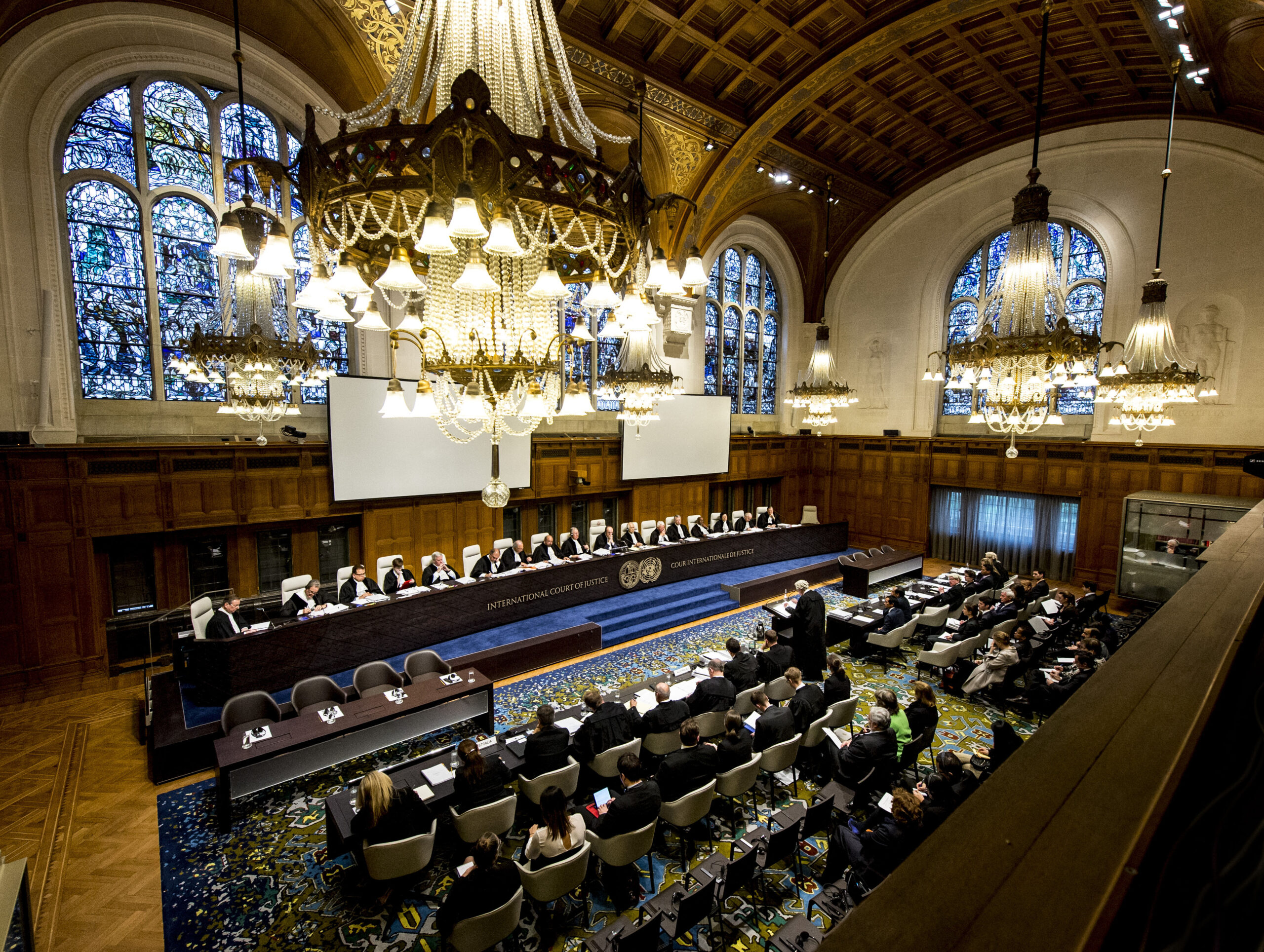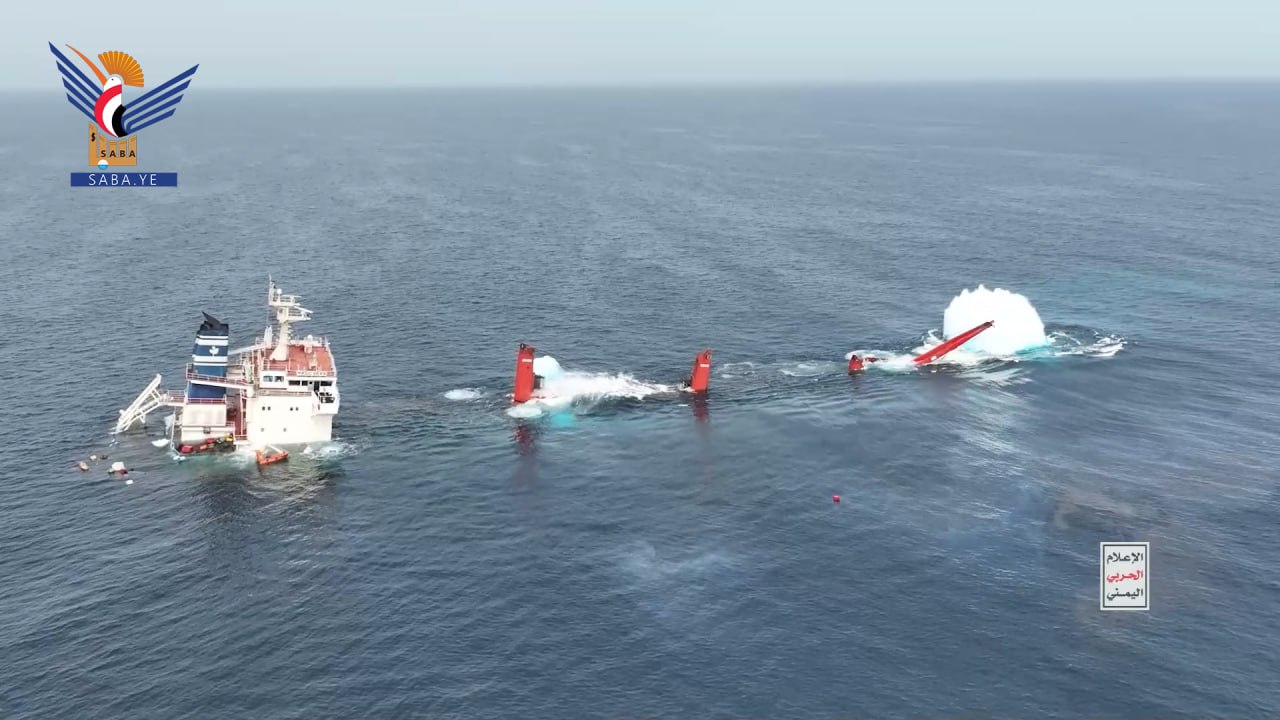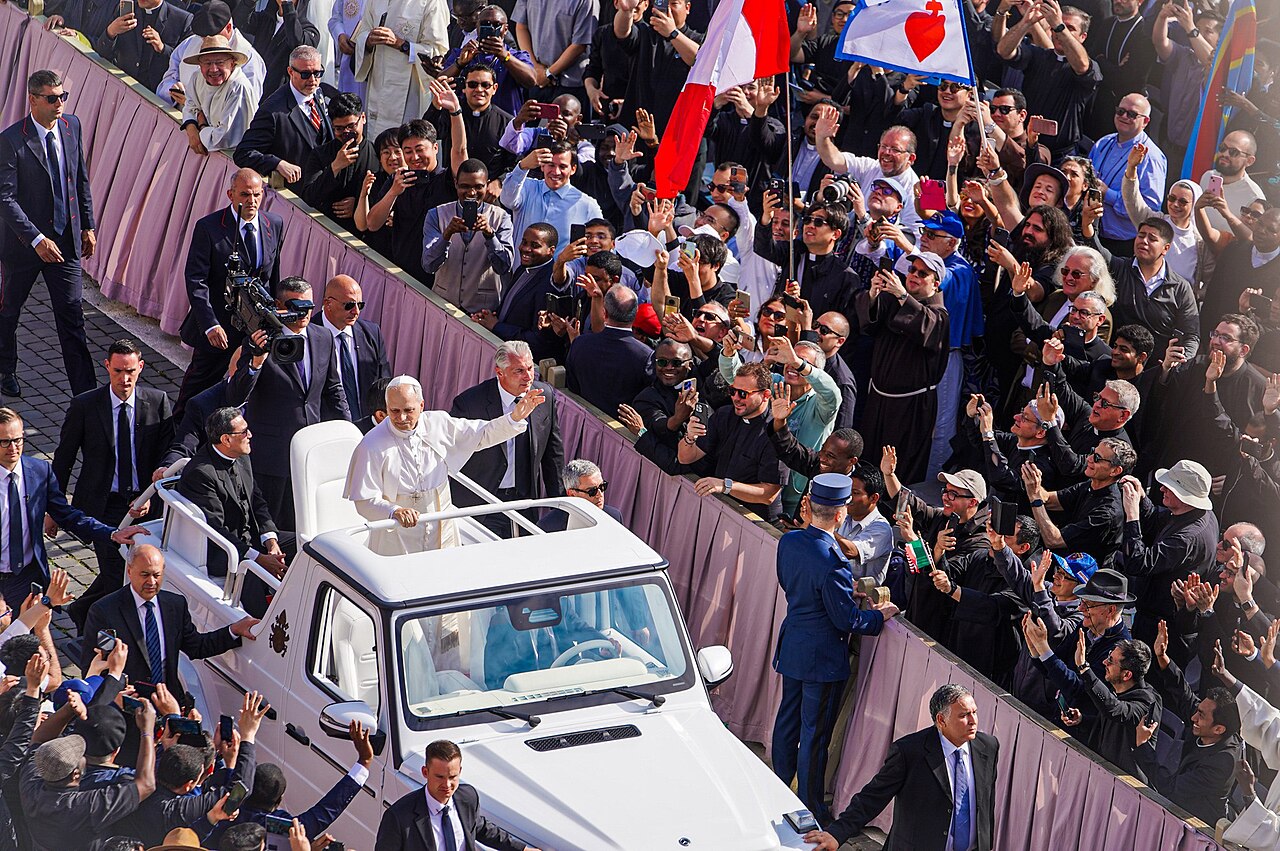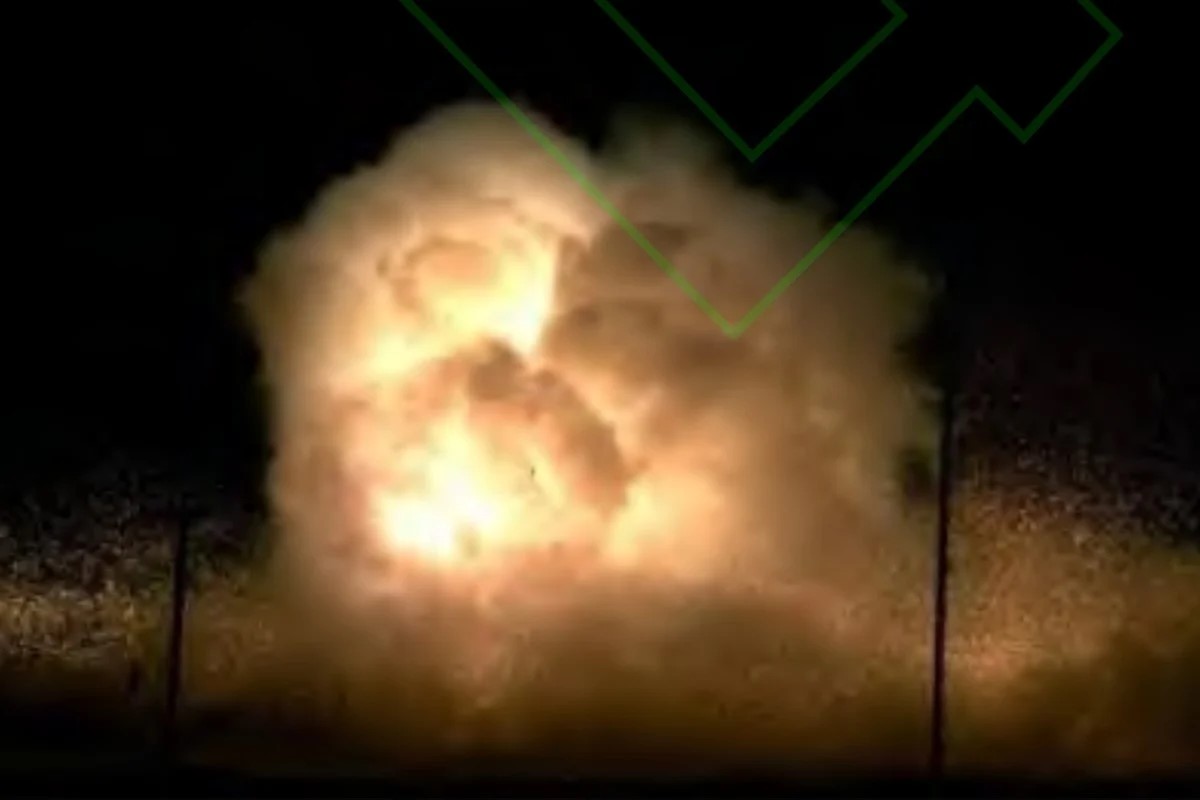“In our application, South Africa has recognized the ongoing Nakba of the Palestinian people,” was the first sentence spoken by Ambassador Vusimuzi Madonsela, using the Arabic phrase for “catastrophe” which has been used by people around the world to describe the 1948 expulsion by Israel of the Palestinians from the largest part of their lands.
It is a term filled with historical weight beyond simple dictionary definitions, and was chosen by Mr. Madonsela with extreme specificity as his country became the first in the world to take Israel to the International Court of Justice for the crime of genocide yesterday.
The influence of history hung in the courtroom, visible even through the livestream video where member after member of the court body and presenters were required by circumstance to constantly repeat the word ‘genocide’. 30 years after the end of Apartheid in South Africa, a discriminatory societal order that was supported until the bitter end by Israel itself, a mixed-race legal team from South Africa argued that Israel was attempting to destroy an ethnic group.
“South Africa is not alone in drawing attention to Israel’s genocidal rhetoric,” said Mr. Tembeka Ngcukaitobi, one of the South African legal team who practices in Johannesburg. “21 United Nations working groups have said that what is happening in Gaza reflects a genocide in the making”.
This was part of the approach of South African team—to elaborate the destruction of Gaza in such a way as to present it as the beginnings of a genocide. Mr. Ngcukaitobi argued that the pattern of destruction of medical infrastructure, and the direction of civilians into specific areas which were then bombed, represents the intent to destroy a whole or greater part of the ethnic group.
“However there is an extraordinary feature in this case, that Israel’s political leaders, military commanders, and persons holding official positions have systematically, and in explicit terms, declared their genocidal intent. And these statements are then repeated by soldiers on the ground in Gaza,” said Mr. Ngcukaitobi.
WaL reported on January 3rd that the South African team would have several statements like this to choose from, but the first one which the legal team selected was from Prime Minister Benjamin Netanyahu, when he quoted the Bible.
“You must remember what Amalek has done to you, says our Holy Bible. And we do remember, and we are fighting,” Netanyahu said in his October declaration of military operations in Gaza.
Chapter 15, verse 3 of the Bible book of 1 Samuel reads: “Now go and smite Amalek, and utterly destroy all that they have, and spare them not; but slay both man and woman, infant and suckling, ox and sheep, camel, and ass”.
Mr. Ngcukaitobi referenced two separate incidents of commanders in the IDF referring to the Gazans as “human animals,” and one case of the cultural minister saying that the state of Israel must find ways to treat Gazans that “are more painful than death”. He listed several more comments of a similar nature before arguing that these statements would not have been made if they were not truthful reflections of genocidal intent, and that part of why they should not be open to post-hoc reinterpretation by Israel or others is because they are being carried out by soldiers on the ground.
Referencing reports of Israeli soldiers dancing and singing “I stick by one merit, to wipe out the seed of Amalek,” and “I know my slogan, it’s that there are no ‘uninvolved citizens'”. Many more examples of the same were provided by Mr. Ngcukaitobi.
The defense
In the opening statements by the defense, legal council to the Israeli foreign ministry, Tal Becker invoked the right of self-defense, and said that the South African team had put forward a “profoundly distorted” and “decontextualized” picture of the ongoing hostilities.
“The applicant has regrettably put before the court a profoundly distorted factual and legal picture,” said Mr. Becker. “The entirety of this case hinges on a deliberately curated decontextualized and manipulative description of the reality of current hostilities”.
Professor Malcom Shaw, the second member of the Israeli legal team to speak, argued against South Africa’s insistence that the case for genocide in Gaza at the present moment be seen in the context of Israeli conduct toward the Palestinians since 1948—the Nakba. His argument was that such a date was irrelevant to current events, and arbitrary in its selection, suggesting several other dates for the placement of context, including, quite humorously, the first evidence of habitation of the lands of Palestine by Israelite tribes 3,500 years ago.
Professor Shaw also argued that South Africa’s application lacked relevance with Article 9 of the Genocide Convention, which holds that accusations in the court of genocide under the convention should be put forward as part of a dispute, and that Israel doesn’t believe there is a dispute—rather that South Africa unilaterally decided one existed between the two, and resorted immediately to litigation without any exchanges with Israel itself.
If the South African team’s attempt at classifying the yet-young conflict in Gaza as a genocide in the making, the Israeli team attempted to counter this by highlighting the specificity of genocide as a singular crime under international law, and the Convention on the Description and Punishment of the Crime of Genocide, for which evidence to such a crime simply does not exist, no matter how violent the level of conflict exists in Gaza at this time.
They blamed the destruction of homes, as showed in videos by the South African team, on booby-traps laid by Hamas, mined alleyways and misfiring rockets for killing civilians and claimed the militant group caused structures to collapse in its use of schools and hospitals for military purposes.
Now that both sides have submitted statements and arguments, the President of the ICJ, Jude Donoghue, said that the court will seek to issue a judgement on only the provisional measures as soon as possible.
The South African provisional measures don’t cover the crime of genocide itself, but rather represent a request for immediate action to prevent genocide and permit investigations of the same to be carried out.
The provisional measures include orders to cease and desist of all violence in the Gaza Strip related to the acts considered genocide under the convention, allow the uncontrolled and unimpeded flow of humanitarian aid, food, medical supplies, etc., prevent the destruction of any evidence pertaining to orders to carry out genocidal acts, as well as to submit a report to the court within one week detailing all the ways in which the state of Israel is complying with the orders submitted by South Africa. WaL
PICTURED ABOVE: View of the courtroom at the opening of ICJ hearings in the case Timor-Leste v. Australia. PC: UN/ICJ – released for informative material.



